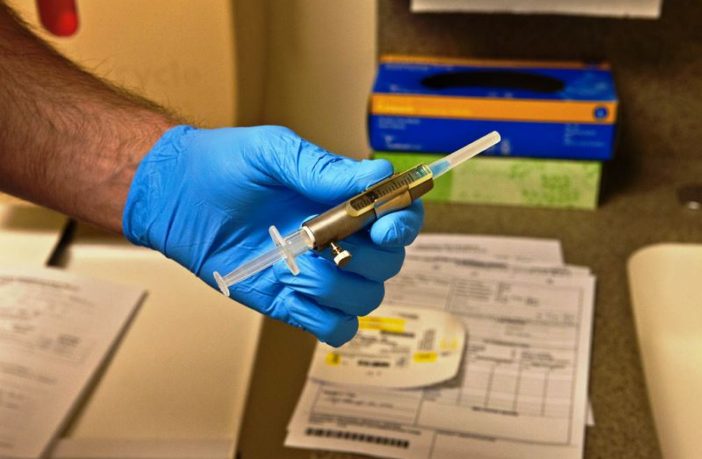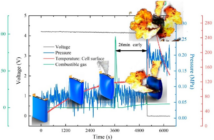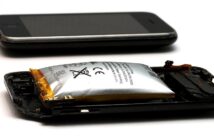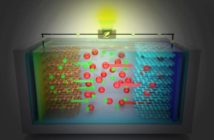Nuclear batteries – or thermoelectric generators in technical terms – have been powering spacecraft, including Mars rovers for decades. They generate electricity by converting heat from the natural decay of radioactive isotopes, into electrical power. However, various terrestrial applications are emerging, suggesting a review of regulatory oversight may be due.
More About Radioactive Isotopes in Nuclear Batteries
The Australian Nuclear Science, and Technology Organization explains that all radioactive isotopes (also called radionuclides and radio isotopes) have the same number of protons. However, and here’s the key factor, they have a different number of neutrons from the norm.
This unstable combination means that ‘nuclear batteries’ have excess energy in their nucleus. This phenomenon may occur naturally, most notably in uranium where we find it 0.7% of the time. However, it is also possible to produce the isotopes artificially, using a nuclear reactor, or a cyclotron depending on the element.
Both types of isotopes find applications in biology, physics, nuclear medicine, food preservation, industrial applications, geology, archaeology, mining, spacecraft, astronomy, and cosmology. The question therefore arises whether the current regulatory oversight is adequate, given the evolving nature of our society.
It May Be Time Now to Coordinate the Activity
The International Atomic Energy Agency maintains a set of standards and guidelines for handling, transport, and disposal of radioactive isotopes. However, compliance is not mandatory. For this reason individual countries may plug this gap according to Energy Portal EU. For example in U.S., the Nuclear Regulatory Commission exercises control.
However if we gaze into the future, we can imagine small portable nuclear batteries in remote, inaccessible locations on earth. Therefore, we incline to agree with Energy Portal that control needs tightening, as nuclear batteries potentially play a greater role in our public lives.
More Information
Proton Exchange Technology Breakthrough




